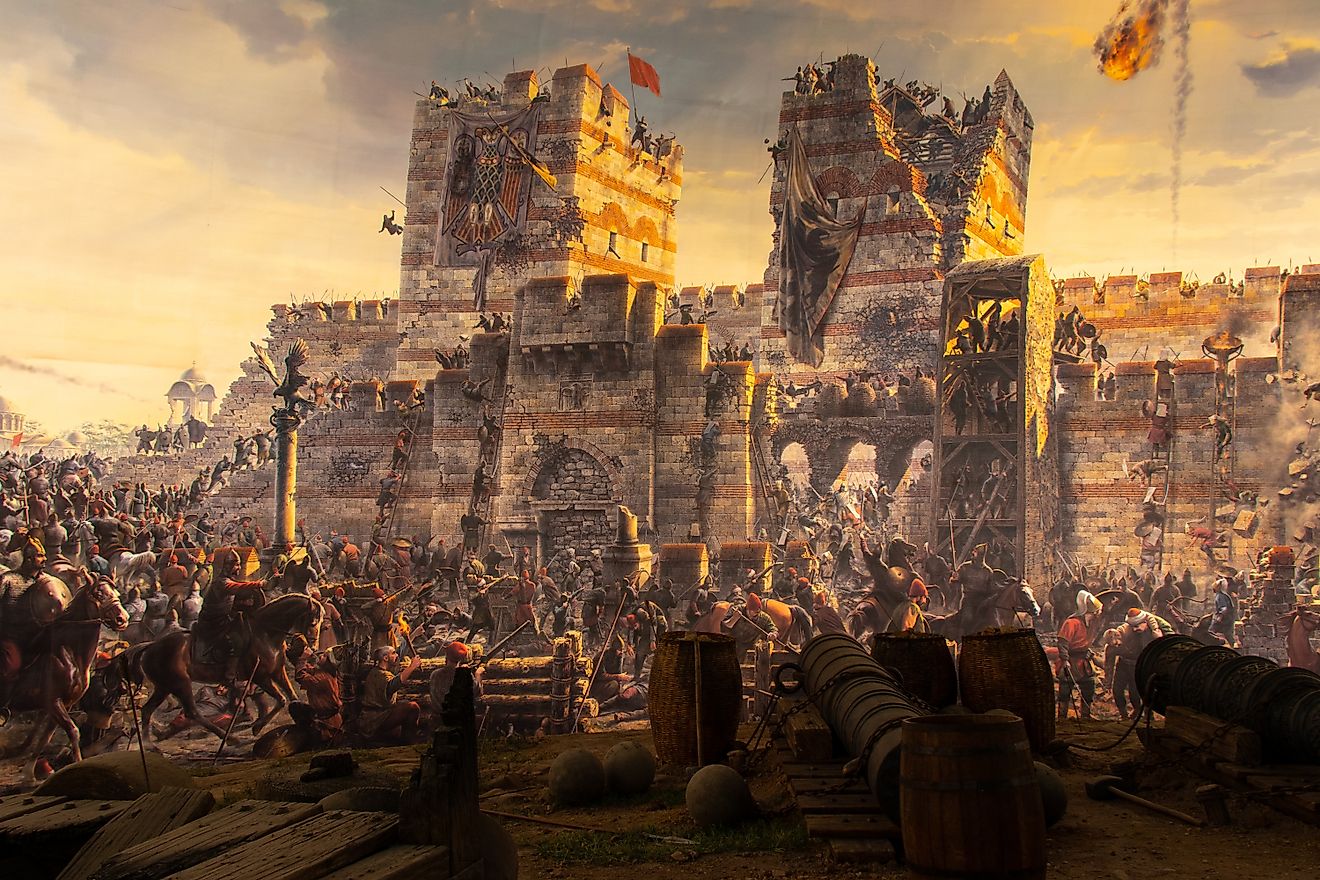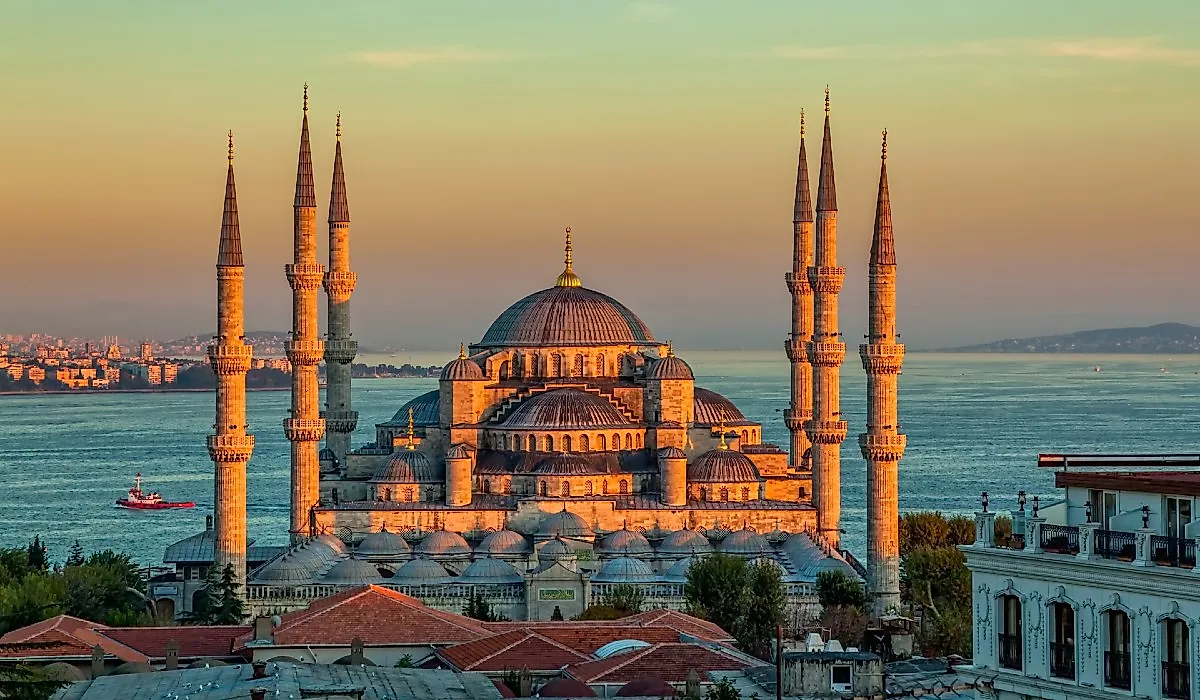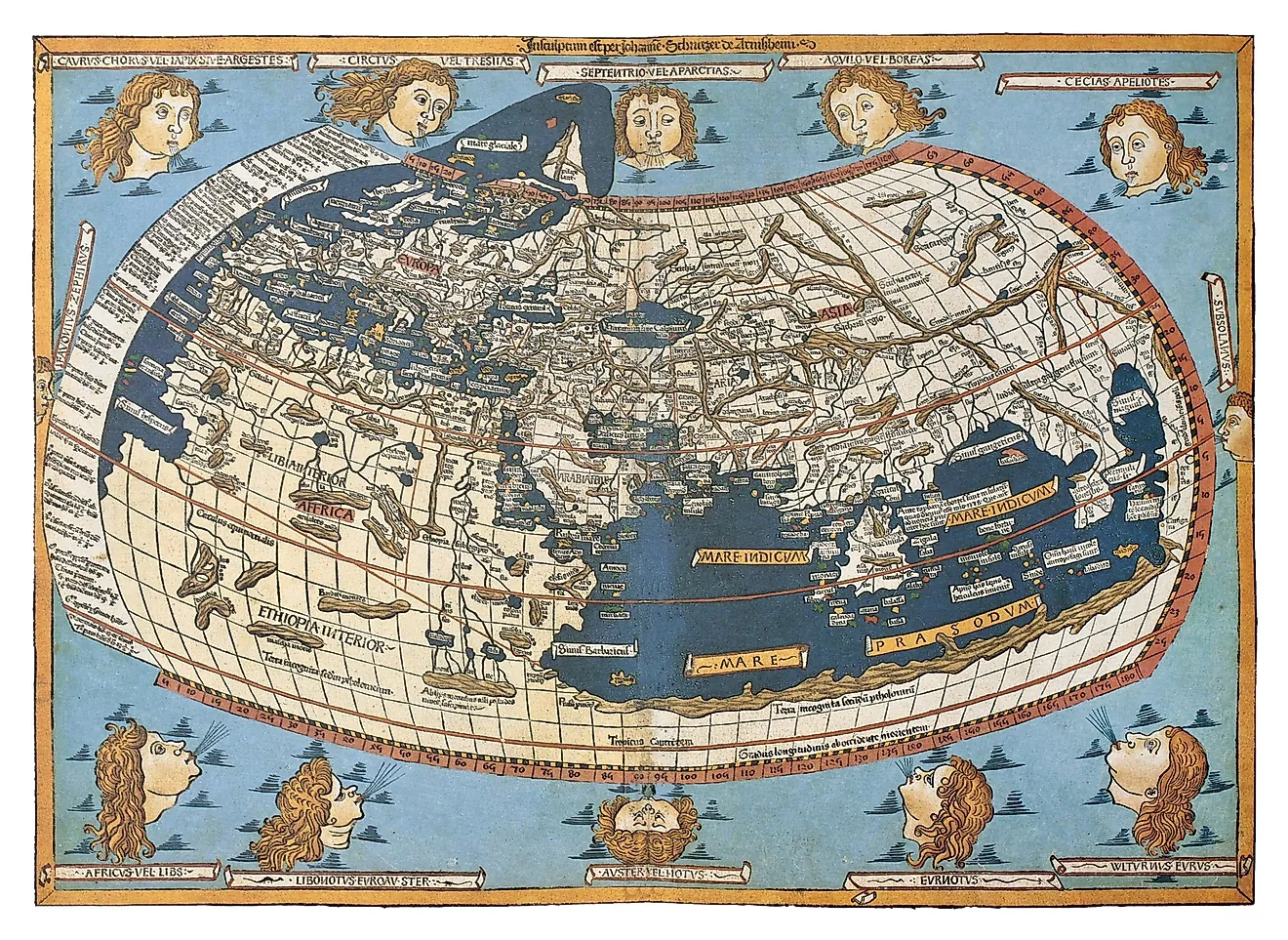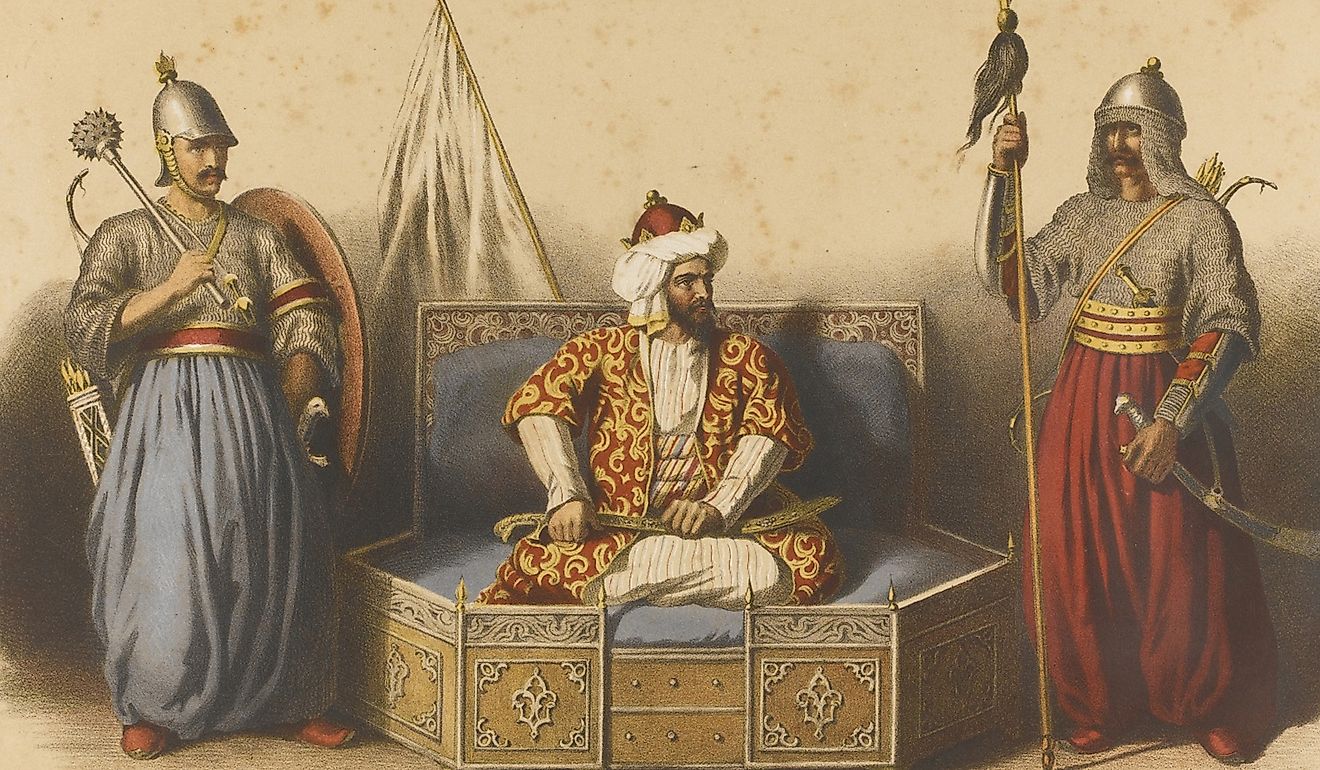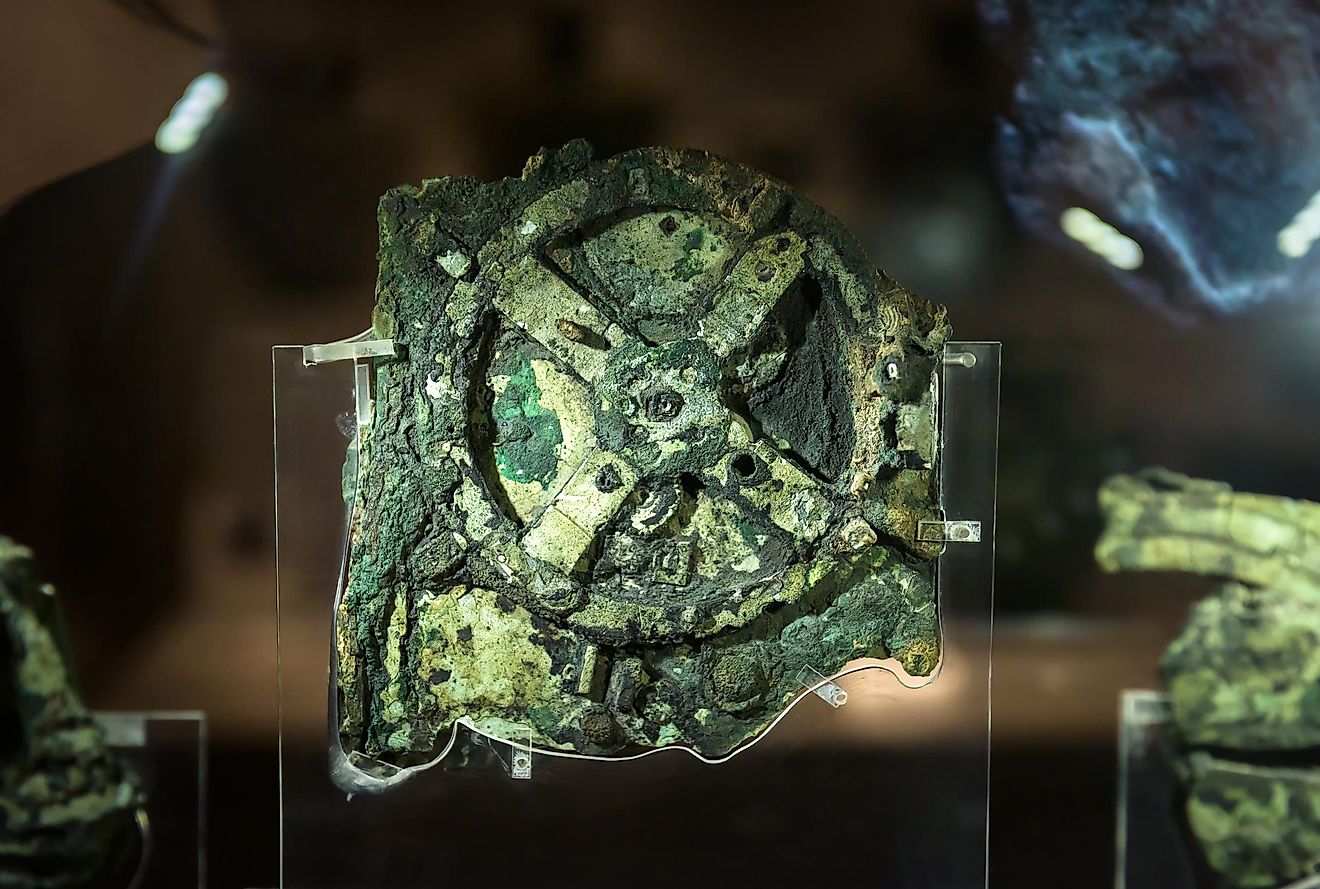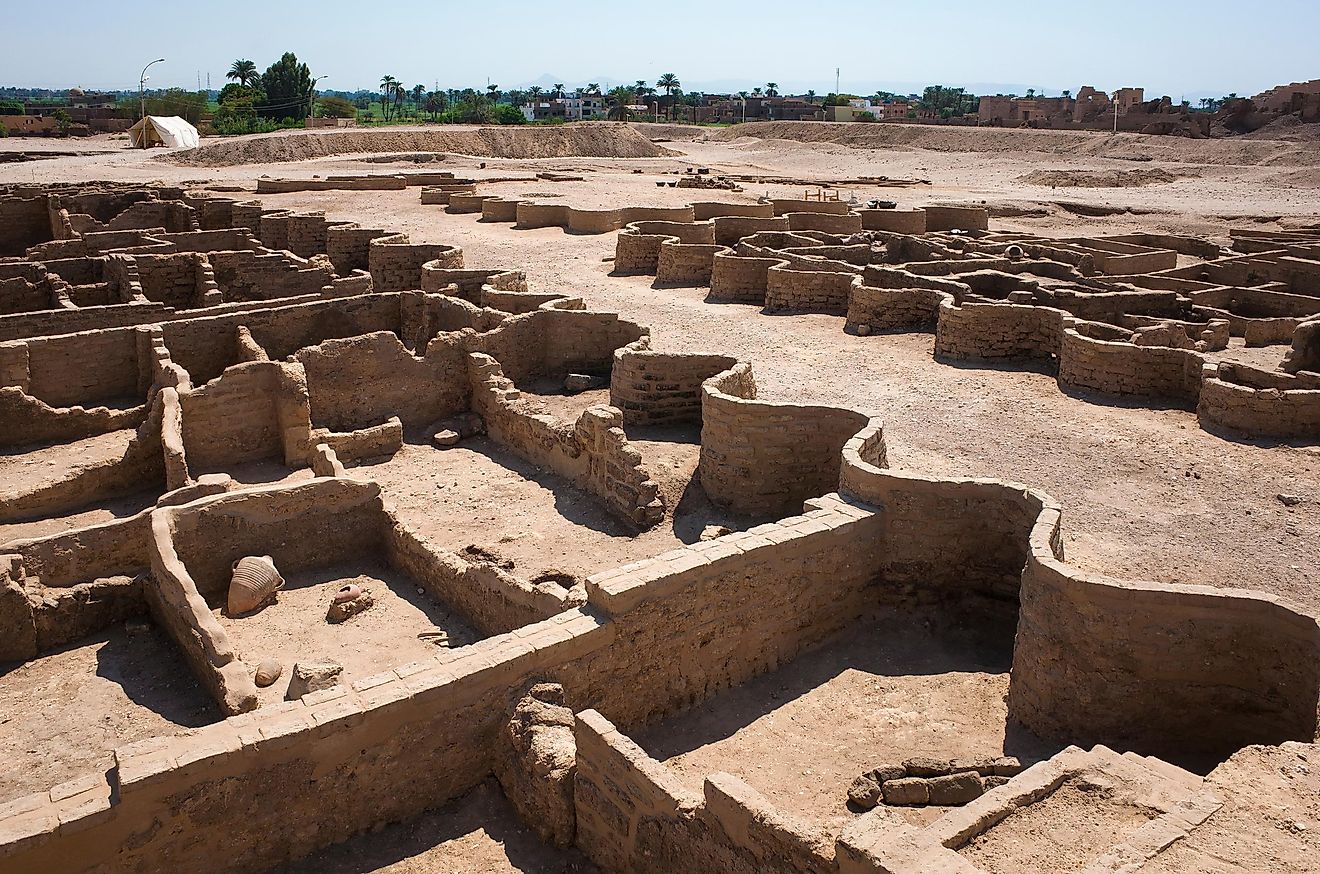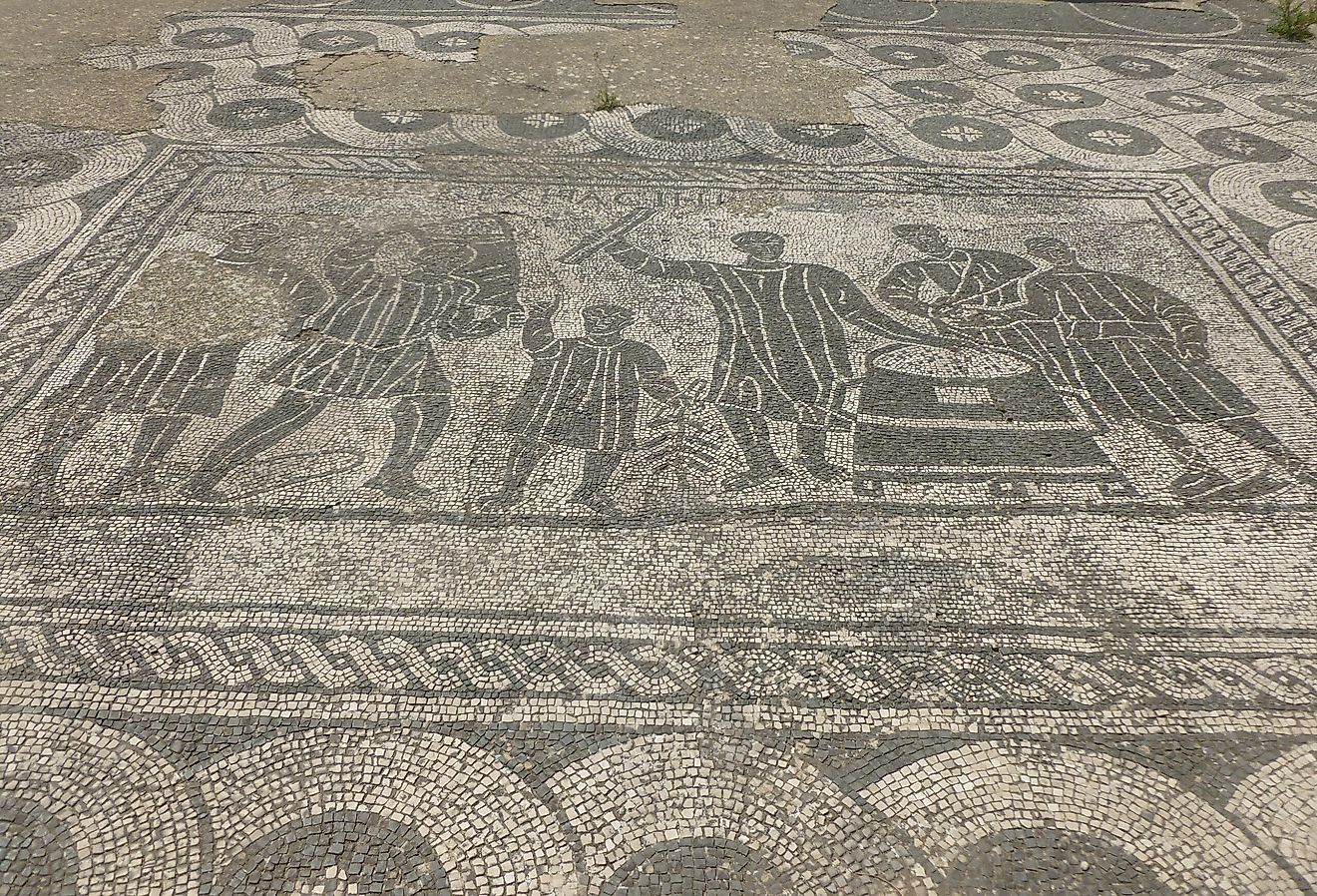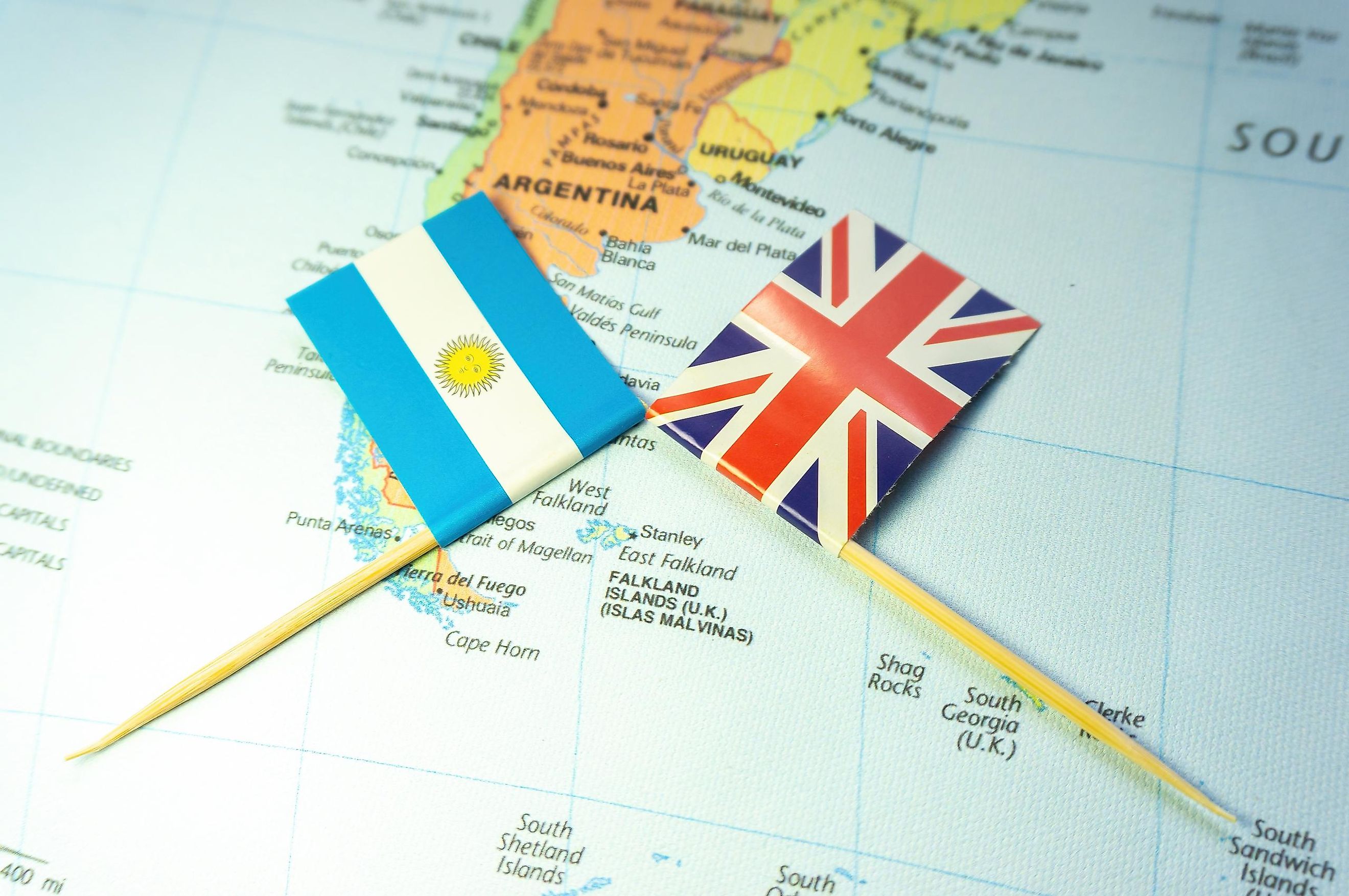
The Falklands War
In 1982, the small region of the Falkland Islands was thrust into the global spotlight when Argentina invaded, sparking a brief but bloody war against Great Britain. Argentina believed they had a claim to the islands, which had been under British administration since 1833, after declaring independence from Spain in 1816, as Spain had previously controlled the territory. When Britain took control, it also expelled any remaining Argentinians. Today, although the Falklands War is not widely discussed by most of the world, its legacy continues to shape Argentine and British policy. Here is a look back at the Falklands War of 1982.
The Falkland Islands - A British Overseas Territory
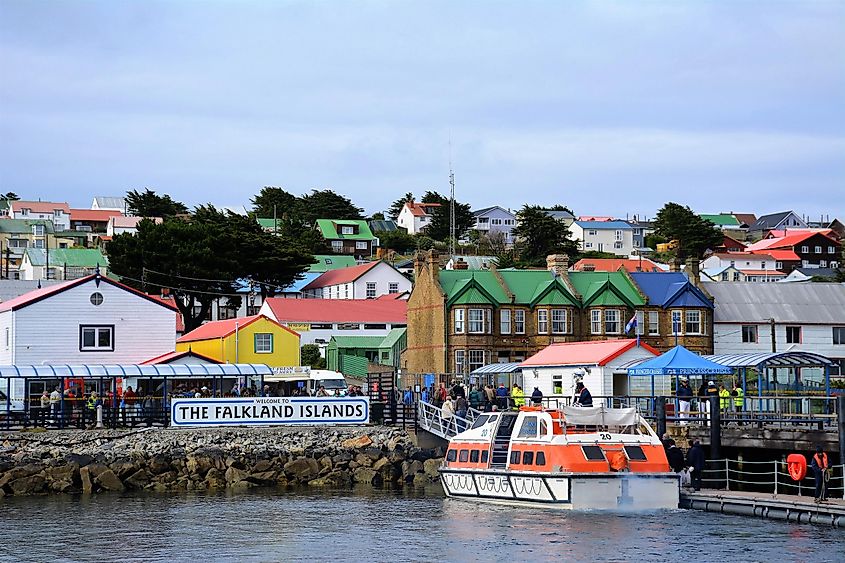
The population of the Falkland Islands, a British territory located in the South Atlantic Ocean, is currently 3,662. These inhabitants spread themselves across seven major islands, but the largest town and capital is Stanley, which is situated on East Falkland Island. Although Britain has had control since 1833, ownership of the Falkland Islands has been directly disputed between the United Kingdom and Argentina ever since the United Nations passed a 1960 resolution outlining guidelines for decolonization. However, since then, Britain has remained adamant in its claims to jurisdiction over the archipelago despite continual protests from Argentina claiming ownership of it.
Invasion By Argentina
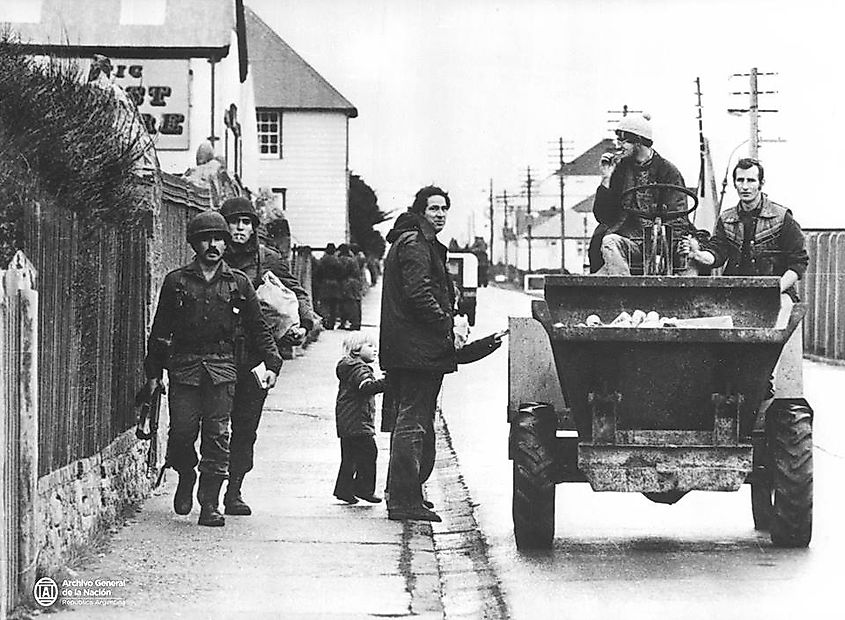
On April 2, 1982, Argentina invaded the Falkland Islands and initiated a short but bloody war with Britain. This move marked the culmination of a dispute that stretched back over a decade. During that time, both countries had attempted to negotiate an agreement to resolve the ownership of the islands; however, those efforts were ultimately unsuccessful due to an uncompromising stance held by Argentina's military regime. The power struggle between these two countries ignited a conflict that resulted in heavy losses of life on both sides before finally ending in June 1982 with British forces regaining control of the Falkand Islands.
The Main Events Of The Falklands War
Operation Rosario, the Argentine invasion of the Falkland islands in 1982, resulted in a war that tragically caused the death of over 900 people, most of them Argentine soldiers. Upon being informed of the invasion, the British governor residing on the islands surrendered instead of attempting to continue defending while outnumbered, and the British government planned a response accordingly. Thus, three weeks later, the United Kingdom launched a combined task force comprised of naval and air forces from England to attempt to retake the islands from the Argentine occupation. Although Operation Rosario initially resulted in an Argentinian victory, Britain would eventually repel their forces following an aggressive offensive by British troops over several weeks.
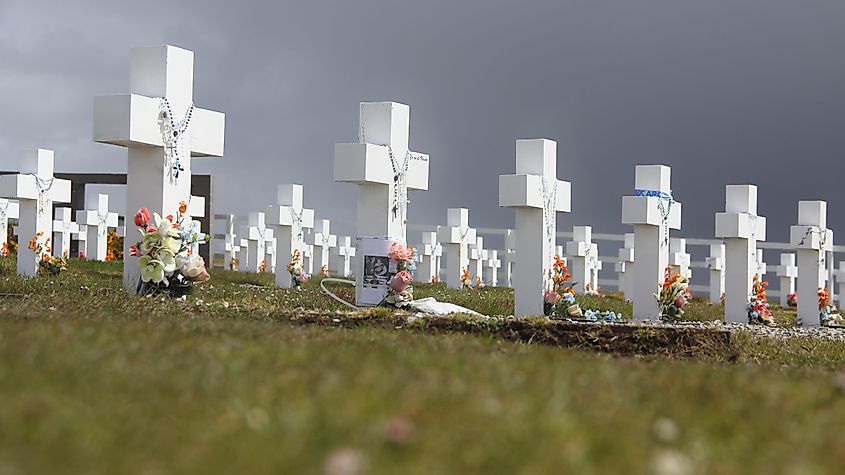
The Falklands War saw tragedy, as both sides destroyed many ships and air vessels. One of the most notorious incidents was the sinking of ARA General Belgrano, an Argentine cruiser struck by torpedoes fired from a British submarine, causing a global outcry. On May 4, HMS Sheffield, a British anti-aircraft warship sailing near the Falkland Islands alongside several other ships, was fatally hit by an air-launched Exocet missile fired from an Argentinan Air Fighter Attack Squadron. Furthermore, the fate of the crew of an Argentinian Canberra Light Bomber remains one of the more somber mysteries to come out of the war. After the unit lost contact with headquarters, the same night as the sinking of the ARA General Belgrano, the ARA Alferez Sobral gunboat hurried to find the bomber. During its futile search for the light bomber, the ARA Alferez Sobral nearly met its watery grave. Several British destroyers and helicopters rained fire on ARA Alferez Sobral, ultimately forcing the ship to return to home base in an incredibly weakened state.
Victory Of Britain
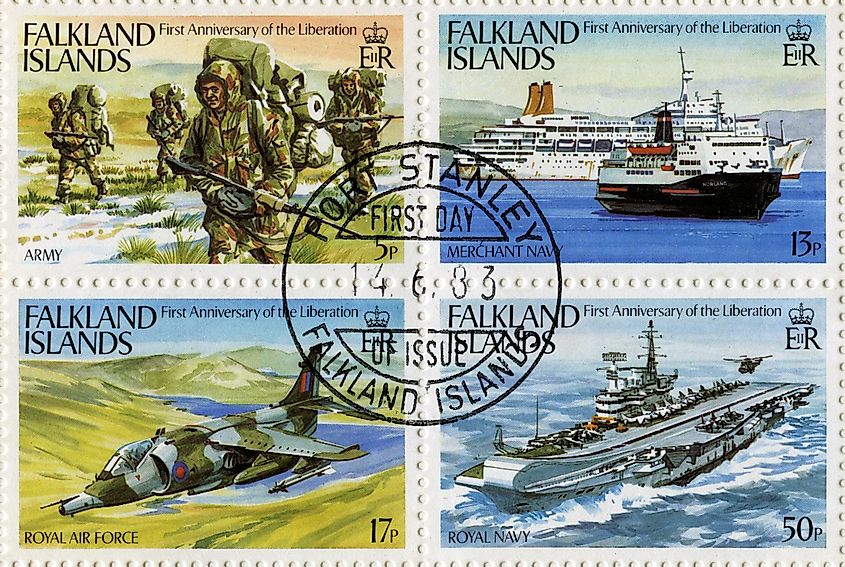
After a tense ten-week conflict and many destroyed helicopters, sea vessels, and casualties, Britain and Argentina finally agreed to a ceasefire on June 14, 1982. One of the many reasons why Britain was so keen on recapturing the Falkland Islands from Argentinian rule was due to an underlying fear of the Soviet Union helping Argentina with military support, something Britain ultimately managed to avoid. Since then, Britain has maintained their control over the Falkland Islands. Moreover, Britain also recaptured the South Sandwich Islands on June 20.
Legacy Of The Falklands War
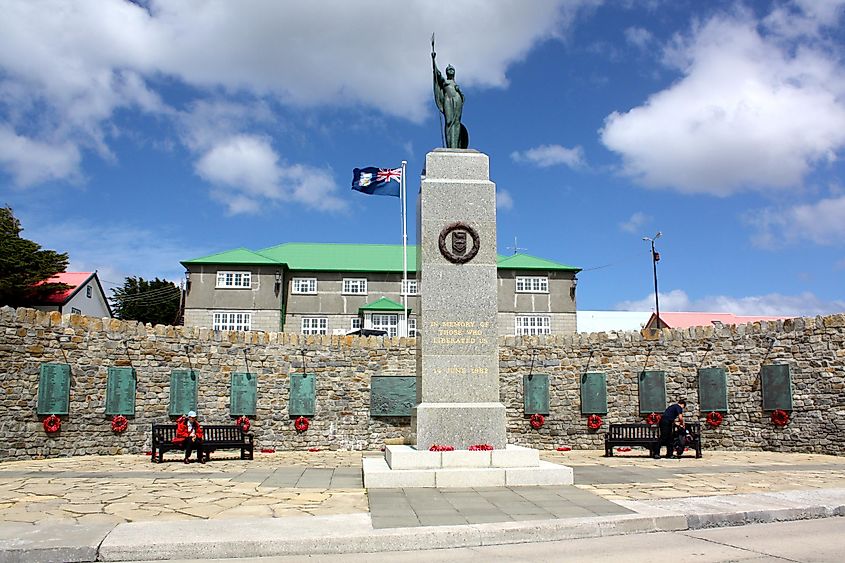
Argentina's war against Britain over the Falkland Islands in 1982 continues to be a source of tension between the two countries. Argentina still claims the Falkland territory, despite Argentina adopting a new constitution in 1994 that toppled the former militaristic regime. Moreover, according to US analysis of this war, Britain accomplished a "military impossibility" by gaining back the Falkland Islands from Argentina within two and half months due to Argentina's superior air control and well-prepared defenses. Overall, the hostility results remind us how past events continue to shape contemporary relations today.
Though peaceful times have since come to the Falkland Islands, the legacy of the war between Britain and Argentina will live on. Arguments over who rightfully owns the islands still have a prominent place in the history books over 40 years after their conclusion. It is humbling to remember that 900 lives were lost in this brief conflict, and what occurred during it gave an essential lesson about war. The Falklands War has shown us how politicians' decisions can change relationships between typically amicable countries and shape entire histories. Observant nations should all strive to learn from these events to provide better paths forward for generations to come.
